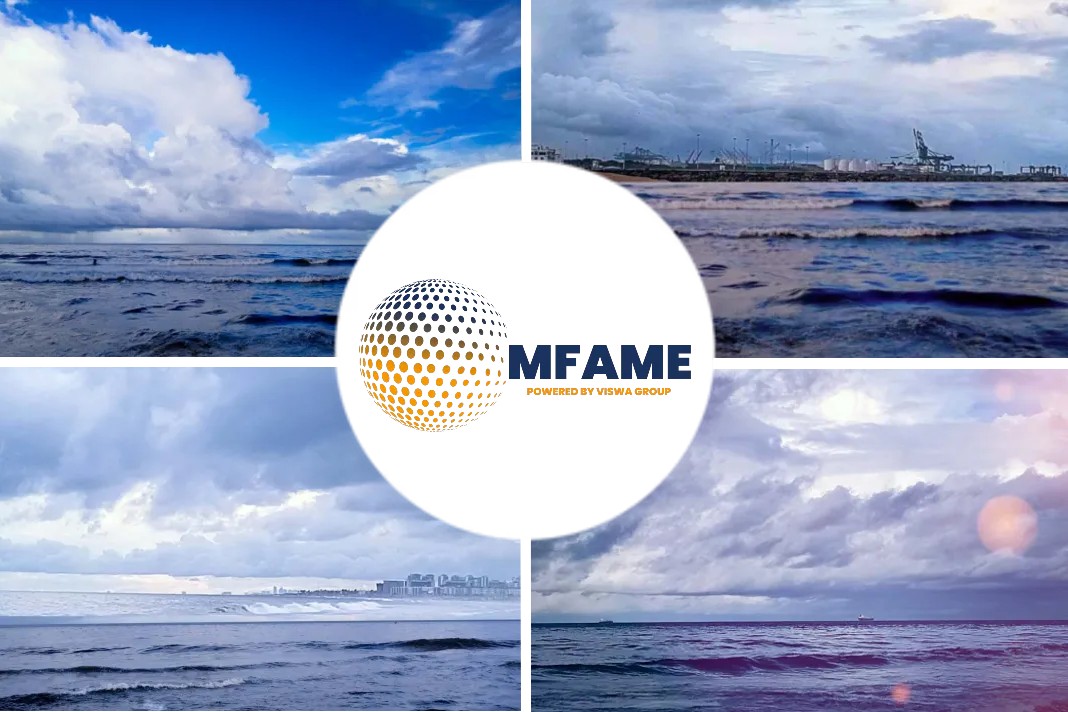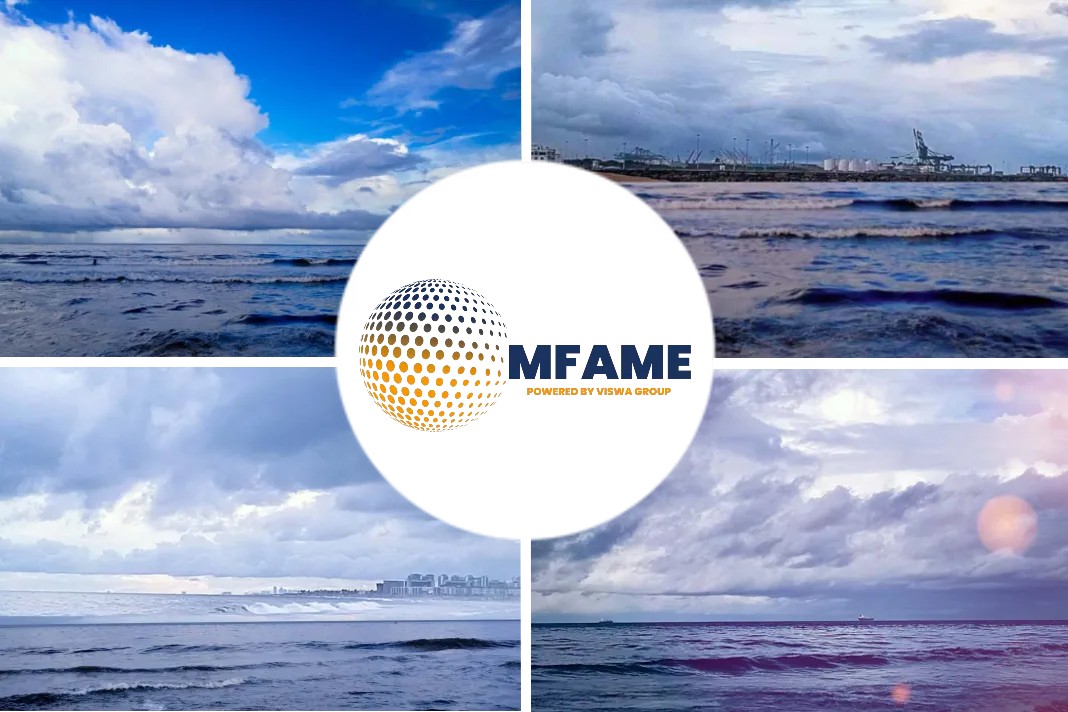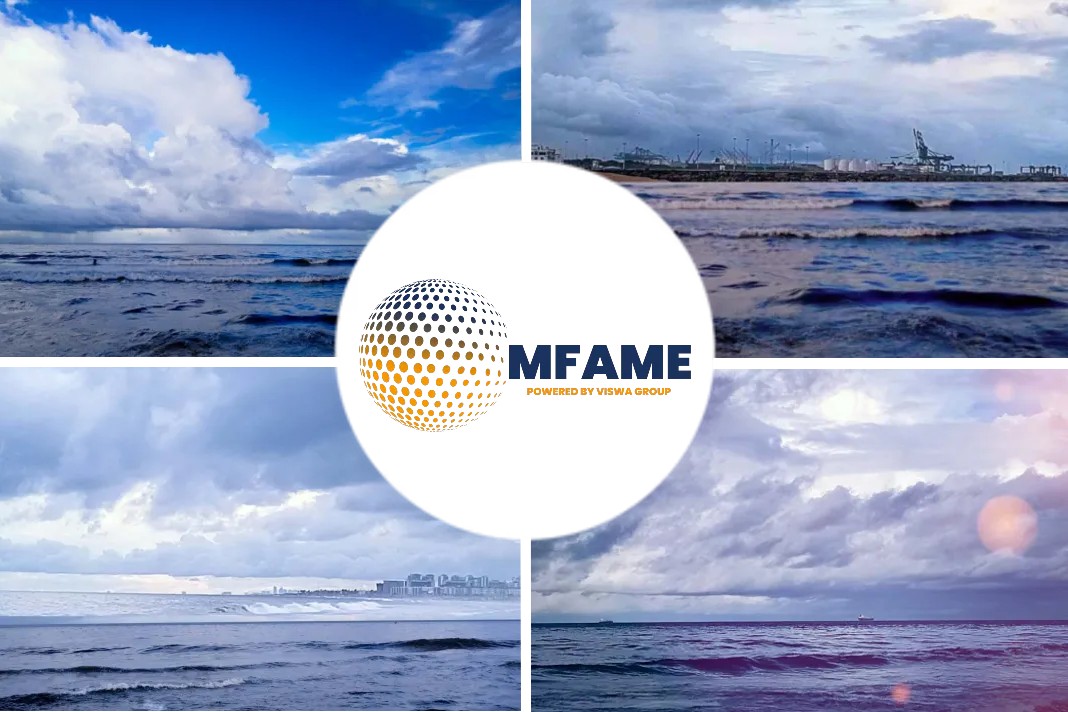- Mis- and non-declaration of cargo has serious safety implications and is the root cause behind tragic incidents.
- IMO urged to amend fire safety regulations.
- Fines from shipping lines will increase the pressure on shippers to declare their cargo properly.
- More random inspections of cargo also suggested.
- The safety objectives set out in SOLAS do not seem to be met and in light of the various recent casualties, the time for action is now.
According to International Union of Marine Insurance, misdeclared cargo is the reason for container ship fires, including last year’s blaze on the Yantian Express, writes Kim Link-Wills for an article published in Freight Waves.
Onboard safety regulations
While there were no surprises in a report on the cause of last year’s Yantian Express fire, it could be years before the International Maritime Organization (IMO) amends onboard safety regulations, according to the International Union of Marine Insurance (IUMI).
Safety measures
IUMI Secretary-General Lars Lange said, “It addresses exactly what we state in our position paper and what we see all the time, and we see one incident after the next.”
Lange said,
“We see shipowners — Maersk, MSC, Hapag-Lloyd and others — acting on a company level, which is great. What shipowners say and we say is that safety should happen on a level playing field. It shouldn’t provide you with disadvantages in competition when on an individual level you work on safety measures, which cost money of course.”
Reason for blaze and suggestions
Misdeclared coconut charcoal
Germany’s Federal Bureau of Maritime Casualty Investigation (BSU) said last month that misdeclared coconut charcoal was the most likely source of the blaze on the Yantian Express, which caught fire in the Atlantic Ocean on Jan. 3, 2019.
Lange said the below listed are the root causes for fire in nearly all cases:
- there were far too many misidentification of cargo,
- where many things, whether on purpose or not, are not declared precisely and
- incorrectly handled on board.
Penalties suggested
He called for penalties against shippers who misdeclare cargo.
Lange said that fines from shipping lines will increase the pressure on shippers so that they don’t dare to misdeclare their cargo. He also suggested more random inspections of cargo.
Firefighting measures
He also suggested changes to onboard fire fighting measures.
“We have these CO2 systems in the holds. In many cases, and the Yantian Express was an example, that simply doesn’t work for cargo and containers. The container contains the fire. CO2 doesn’t reach the fire. And at that very moment when the metal of the container starts to melt, it’s already so serious that you can’t extinguish it with CO2,” he said.
Safety not a competition
According to Lange:
- Vessel fire safety needs regulation and it needs a level playing field.
- Safety shouldn’t be left to individual business entities.
- Safety should be dealt with at a regulatory level, and that would mean in this case the IMO.
IMO regulations and SOLAS amendments
He added saying that the IMO has complex procedures.
- A maritime safety committee could agree to take up onboard fire safety measures in May.
- The matter most likely then would be referred to a ship equipment and systems subcommittee, which isn’t slated to meet again until early 2021.
- A draft document would be passed among subcommittees for markup.
Lange said, “Yes. Normally it takes three to four years to be adopted.”
“SOLAS amendments have to be very, very well thought through because every vessel in the world will immediately have to comply with that.”
SOLAS stands for the International Convention for the Safety of Life at Sea, which was amended in 2014 and applied to ships built after January 2016 to increase the effectiveness of firefighting measures.
To read more on The Yantian Express Fire read our article Coconut Charcoal To Have Caused Fire on Container Ship
The time for action is now
IUMI issued a report on “Containership fires: It is time to take action.”
It said that 2019 saw an alarming number of container ship fires, including the
- Yantian Express,
- APL Vancouver,
- Grande America,
- E.R. Kobe,
- KMTC Hong Kong and
- Grande Europa.
Deficient fire fighting capabilities
At a conference in Norway, Helle Hammer, chair of IUMI’s policy forum, said, firefighting capabilities aboard container ships are deficient and needs improvement in the safety of the crew, the environment, the cargo and the ships themselves.
Cargo declarations
Mis- and non-declaration of cargo has serious safety implications and is the root cause behind these tragic incidents.
Experts agree that the current measures to control a fire in the cargo hold are less effective.
SOLAS safety objectives
The safety objectives set out in SOLAS do not seem to be met and in light of the various recent casualties, the time for action is now.
The IUMI published a position paper in 2017, a year that saw such fires as the MSC Daniela, on its concerns, including what it called inadequate fire detection and onboard firefighting systems as well as the need to revise SOLAS.
Onboard Fire compartments
Hammer said, they recommend the below as further measures to allow an appropriate response mechanism –
- Firefighting systems should be arranged to segregate the ship into fire compartments, to isolated fire to prevent it from spreading.
- Onboard systems could then cool the containers and allow them to burn out in a controlled manner.
- Fixed monitors to adequately attack the fire and improved fire detection systems .
Lange said after the BSU released the Yantian Express report,
- Need for fire compartments on board.
- It’s quite easily installed on newbuilds.
- A water curtain or a kind of wall between the holds to avoid that 30, 50, 70% of a vessel burning down when only one container catches fire.
Smoke detectors
He said smoke detection “definitely does not work for containers because the smoke is contained in the container by nature.”
“At that very moment where the smoke is in the whole cargo hold, it is by far too late. This could be something where you switch to heat detection.”
SOLAS amendments
Mobile fire monitors required in the SOLAS amendment are not enough, according to Lange, who used the 2018 fire on the Maersk Honam that killed five crew members as an example.
“The Maersk Honam was built in compliance with these new regulations. As we have seen, it did not help and was insufficient in our view. It needs another initiative obviously at the IMO to address this,” Lange said.
Steps from shipping lines
Until the IMO can adopt a SOLAS amendment, shipping lines are taking necessary steps.
Risk-based stowage plan
Lange said, Maersk came out with a so-called risk-based stowage plan which cargo to place where on the vessel to be better prepared to deal with it if any problems arise.
Maersk also has worked with the U.S.-based National Cargo Bureau to inspect hundreds of containers to root out misdeclared cargo.
“This puts pressure on the shippers that it’s not that easy to misdeclare cargo,” Lange said.
Did you subscribe to our daily newsletter?
It’s Free! Click here to Subscribe!
Source: Freight Waves




















